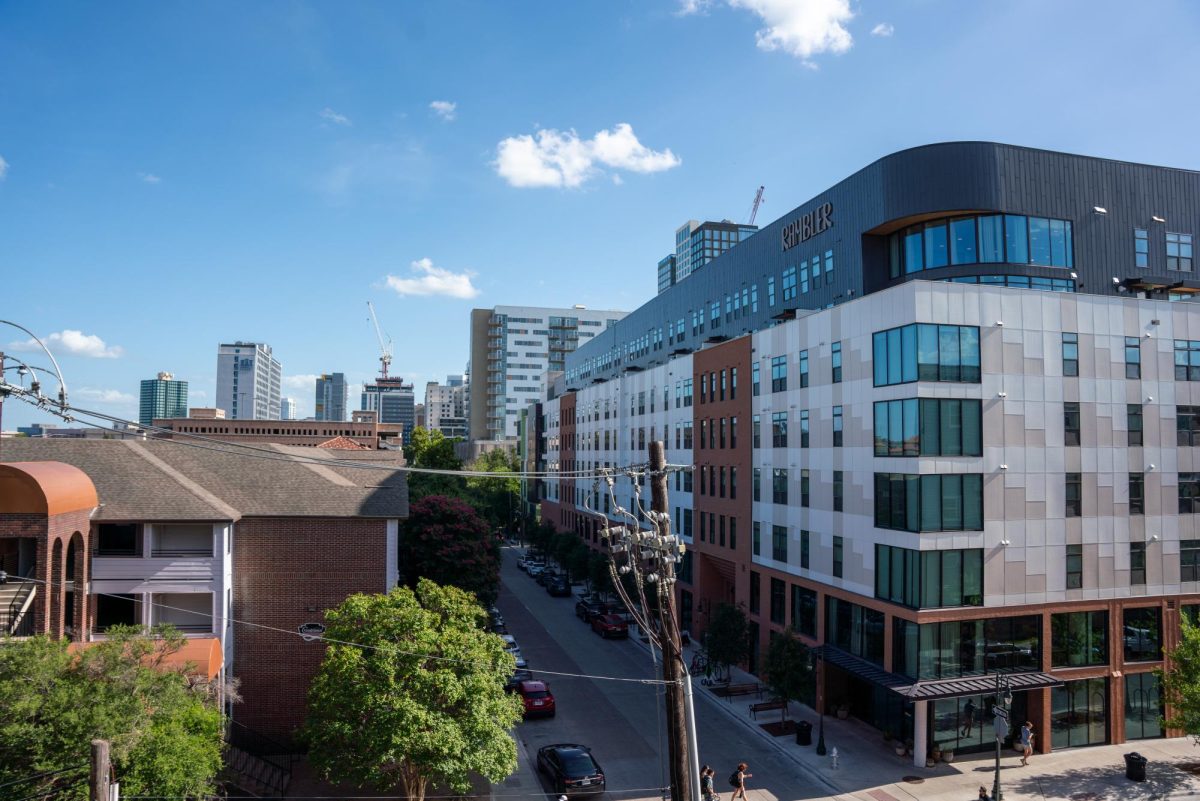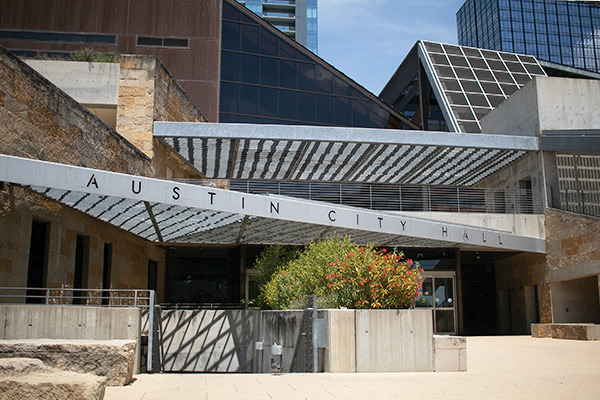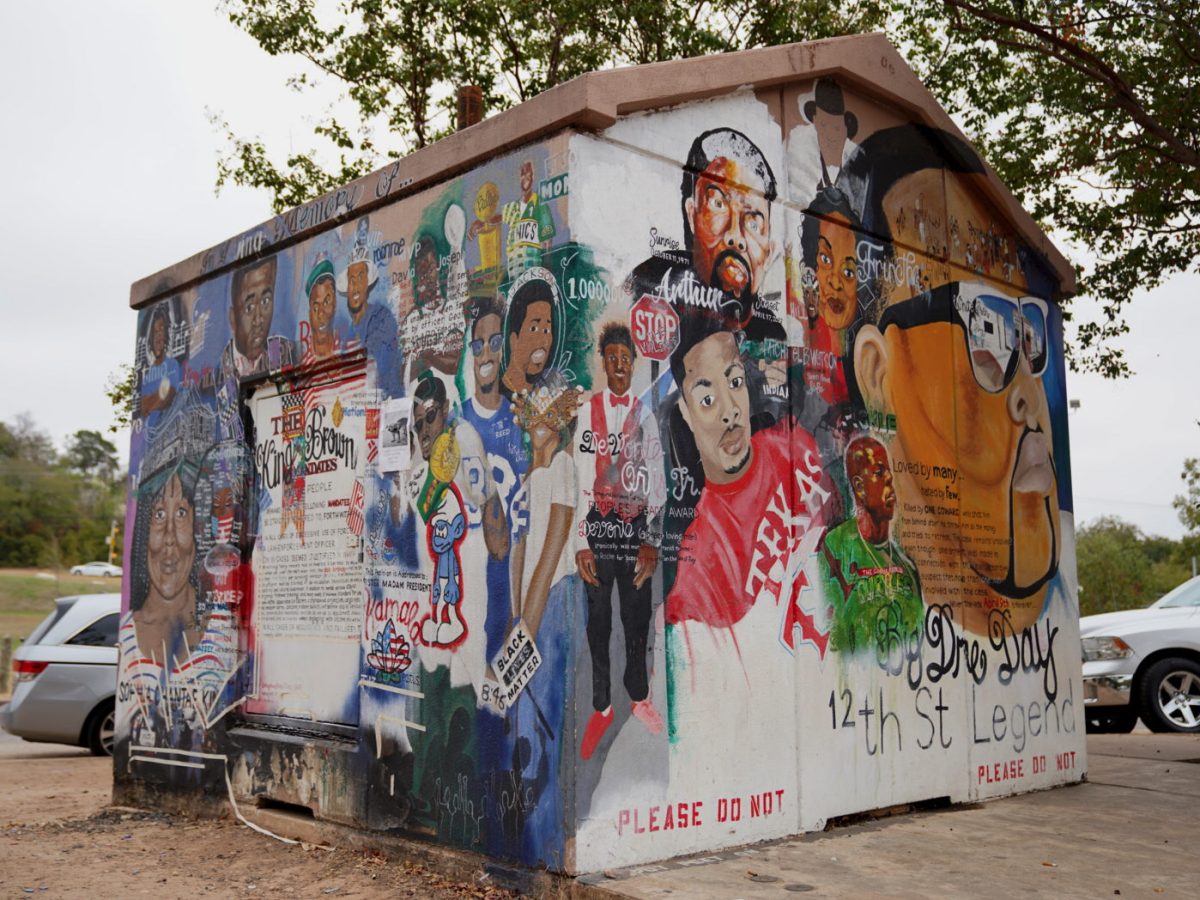The Texas Democratic Party convened at its annual meeting on June 8 to discuss a variety of issues, which ended with the development of the 2024 Texas Democratic Party Platform, including the party’s plans to reform zoning laws in the state.
With high interest and inflation rates, housing affordability is a key issue for many Texans as the price of housing becomes more expensive. Greg Anderson, an assistant professor of urban studies, said housing affordability shouldn’t be politicized.
“The fact is we need housing, and it’s not a left or right issue,” Anderson said. “We all need housing. … If we continue to overregulate our cities especially, we’re just going to continue to drive out the people who helped make our communities work and make them function.”
Anderson also said a big reason why there has always been pushback around changing zoning regulations is due to “NIMBY-ism,” which stands for “not in my backyard.” NIMBYs use political pressure to keep developments away from certain neighborhoods even if they may have a positive impact on the community.
“When it’s housing that serves more of a diversity of income earners, that’s when folks want to fight,” Anderson said. “Over the last 30 to 40 years, we’ve added zoning and regulations to most of our cities that make it very difficult to build housing.”
With Texas Democrats’ plans, cities could potentially rezone certain neighborhoods to allow for mixed-use development, bringing down housing prices. But these changes don’t happen overnight, said Justin Lanier, co-leader of the University Tenants’ Union.
“I think that really depends on the politics of your city,” Lanier said. “Anytime you’re adding housing to a city’s housing supply, you are guaranteeing housing is going to be cheaper down the road. It’s not going to be immediate … but it’s an important investment in the future.”
Brian Peña, the president of University Democrats, said that while the proposal could lead to new development, it serves as more of a guideline.
“Whenever the party passes a platform, it’s really not necessarily a direction, it’s more of a recommendation,” Peña said. “So it’s really up to cities on an individual level. … Austin is at the forefront of tackling this issue.”
One way the city tackled the issue of zoning and density is through the University Neighborhood Overlay in West Campus. Developed in the early 2000s, the UNO has adapted over time to fit the needs of the community. Through the plan, the city approved the construction of taller residential buildings if the developers agreed to provide a certain number of affordable housing units called “SMART” housing, which waives fees for developers to offer below-market rent prices for low and moderate-income Austin residents.
“Adding the thousands upon thousands of bedrooms into West Campus has been amazing for Austin as a whole just because they have so many people that wake up, walk across the street and go to school and are able to walk home,” Anderson said. “There’s a lot of young people (that) choose not to have a car and now they get to kind of live that lifestyle which is much more affordable.”













